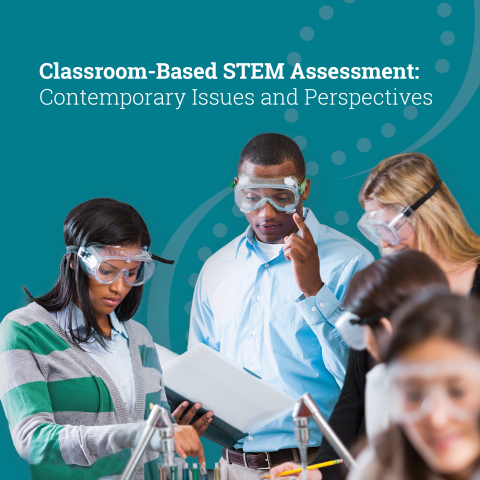Systematic Review of Learning Trajectories in Early Mathematics
Learning trajectories in early mathematics instruction have received increasing attention from policymakers, educators, curriculum developers, and researchers. They are generally deemed useful for guiding curriculum standards, instructional planning, and assessment. However, the specific contributions of learning trajectories to education and children’s learning are unclear.
Learning trajectories in early mathematics instruction have received increasing attention from policymakers, educators, curriculum developers, and researchers. They are generally deemed useful for guiding curriculum standards, instructional planning, and assessment. However, the specific contributions of learning trajectories to education and children’s learning are unclear. We review research over the last five years to describe what is known and what still needs to be learned about methods of development, refinement, and validation of the goals, developmental progressions, and instruction of learning trajectories in early mathematics and possible advantages and disadvantages in the educational application of learning trajectories.
